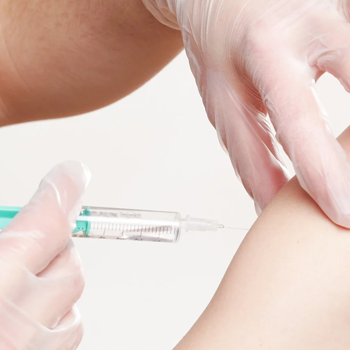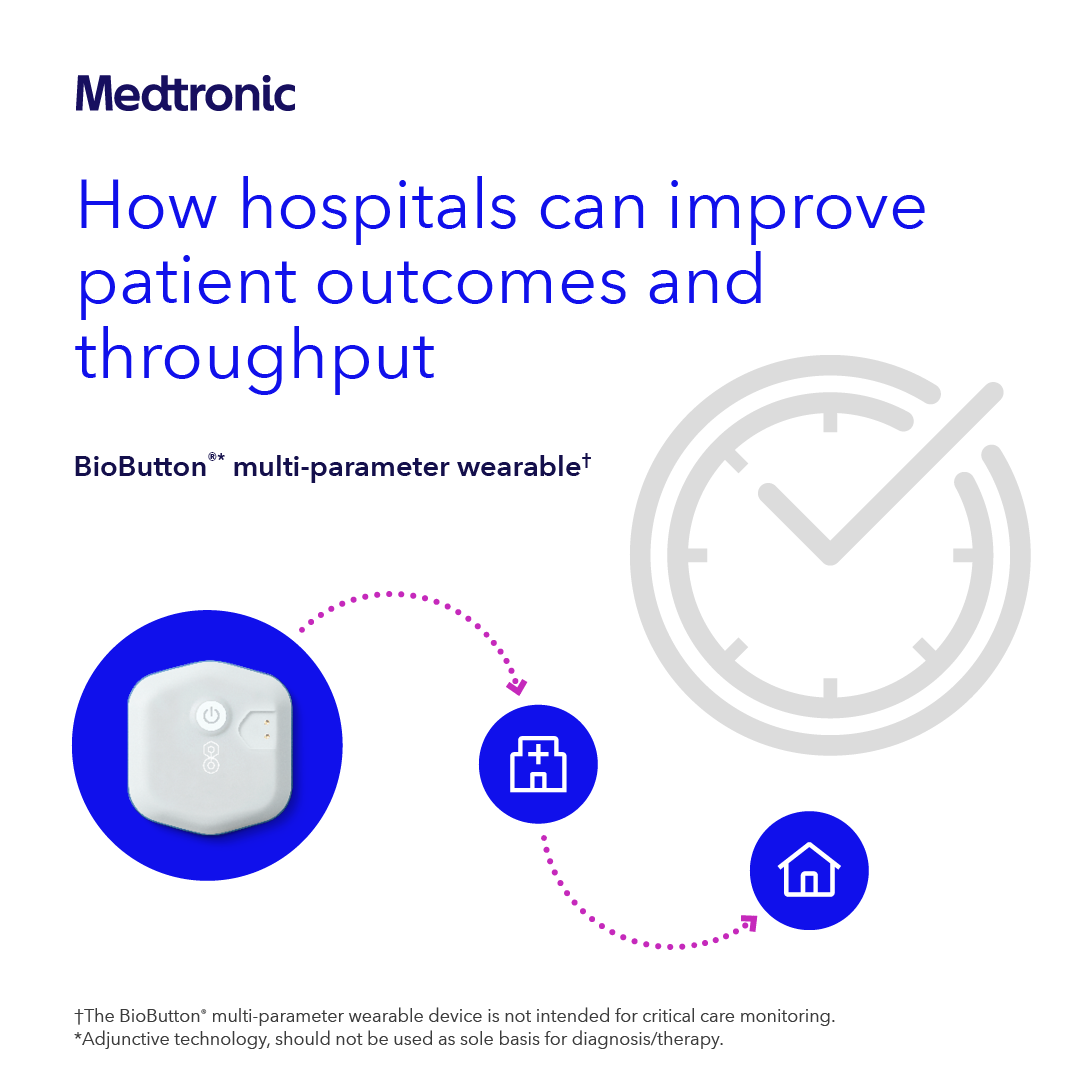It’s That Time of Year

It's that time of year again… Yes, clocks turn back for some of us and Halloween, Autumn and football are all something many of us look forward to. What we don't look forward to at this time of the year is influenza. Of course, perception is everything so perhaps we should look forward instead to the influenza vaccine.
The CDC has announced that there are several vaccine options available this year with standard and high dose options along with live and recombinant vaccines as well as one for the older adult that contains an adjuvant to enhance the body's immune response.
According to the CDC, on average only 45% of adults receive the vaccination each year leaving more than half the population unprotected. Vaccination among healthcare workers was estimated at 81% last year. This coming year, more than any other time it is important for everyone to receive one of the influenza vaccines.
The infection rates for Covid-19 remains high and is expected to increase or remain consistent throughout influenza season. According to researchers, it is possible to have both influenza and Covid-19 infections at the same time. While the influenza vaccine won't protect against Covid-19 infections, it will decrease the number of individuals requiring hospitalization related to influenza and will ease the strain on nurses who are already close to or at the breaking point as well as helping to conserve health care resources.
If that weren't enough, there is another potential for an additional player in the infectious disease game this year – this one is an influenza virus (G4) that is a hybrid of the "swine flu" according to Dr. Leonard Mermel, a medical director of the Department of Epidemiology and Infection Control at Rhode Island Hospital in Providence. It is currently being monitored by the CDC, but at this time there is limited evidence of infections among populations.
Nurses have a history of leading health initiatives with regard to vaccinations; this year we can do no less. Along with encouraging people to receive the influenza vaccine, nurses should be modeling and educating the public on respiratory hygiene and cough etiquette practices along with good handwashing.
The CDC is recommending that the influenza vaccine should be delayed for those patients who have suspected or confirmed Covid-19, whether or not they are symptomatic for a minimum of 10 days after their first positive RT-PCR test for Covid-19. For those patients with severe Covid-19 symptoms, vaccination for influenza should be delayed for 20 days after symptom onset.
If colleagues and others you come into contact with are still reluctant to receive the influenza vaccine this year, consider providing them with some of the following findings from the CDC:
- Even if the vaccine components are not exactly reflective of the circulating influenza virus this year, the influenza vaccine has demonstrated to provide enough coverage that office visits related to influenza and influenza-like illnesses can be reduced by up to 60%.
- Those individuals who received the influenza vaccine in the past are 40% less likely to require hospitalization for influenza than those who did not receive the vaccination.
- Of those that were hospitalized with influenza, those that received the influenza vaccine were 82% less likely to require admission into an intensive care unit than those who did not receive a vaccination.
- Multiple studies have demonstrated that the influenza vaccination can reduce mortality in individuals who have heart disease, especially if they have had a cardiac related event in the past 12 months (Ciszewski, 2018; Loeb, et al., 2019; Panhwar, et al., 2019;
References
- Centers for Disease Control and Prevention. (2020). Vaccine effectiveness: How well do the flu vaccines work? U.S. Department of Health and Human Services. https://www.cdc.gov/flu/vaccines-work/vaccineeffect.htm
- Centers for Disease Control and Prevention. (2020). CDC takes action to prepare against "G4" swine flu viruses in China with pandemic potential. U.S. Department of Health and Human Services. https://www.cdc.gov/flu/spotlights/2019-2020/cdc-prepare-swine-flu.html
- Ciszewski A. Cardioprotective effect of influenza and pneumococcal vaccination in patients with cardiovascular diseases. Vaccine. 2018;36(2):202-206. doi:10.1016/j.vaccine.2017.11.078
- Loeb M, Dokainish H, Dans A, et al. Randomized controlled trial of influenza vaccine in patients with heart failure to reduce adverse vascular events (IVVE): Rationale and design [published correction appears in Am Heart J. 2019 Dec 12;:]. Am Heart J. 2019;212:36-44. doi:10.1016/j.ahj.2019.02.009
- Panhwar MS, Kalra A, Gupta T, et al. Effect of Influenza on Outcomes in Patients With Heart Failure. JACC Heart Fail. 2019;7(2):112-117. doi:10.1016/j.jchf.2018.10.011



